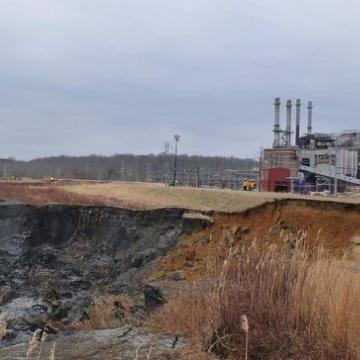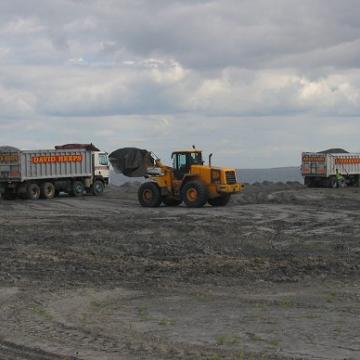-
NewsAs droughts become more frequent and intense, the fragmentation of water service in the U.S. leaves many households vulnerable to water contamination or loss of service.
-
NewsUsing a bedroom air filter that traps fine particles of pollution with diameters smaller than 2.5 micrometers can significantly improve breathing in asthmatic children, a new study by American and Chinese scientists shows.
-
NewsContaminants that occur together naturally in groundwater under certain geological conditions may heighten health risks for millions of North Carolinians whose drinking water comes from private wells, and current safety regulations don’t address the problem, a new Duke University study finds.
-
NewsChronic exposure to microplastic fibers causes aneurysms, erosion of surface layers and other serious damage to fish gills, and increases egg production in female fish, a sign that chemicals in the fibers may be acting as endocrine disruptors, a new study by U.S. and Chinese scientists finds.
-
NewsTanker traffic through the Strait of Hormuz can decline for up to two years after a piracy attack, a new Duke University study finds, but the adverse effects of the slowdown are far greater on some Persian Gulf countries than others.
-
NewsScholars across Duke are working on the complex regulations governing the use of the ocean, and studying the impact of industry on its teeming diversity of life.
-
NewsA team of students from the Nicholas School of the Environment and Pratt School of Engineering has been working for more than a year to create a single digital map of the service boundaries of North Carolina’s drinking water systems.
-
NewsA new study which combines measurements from nearly 1,400 drinking water wells across North Carolina estimates that more than half of the wells in the state’s central region contain levels of cancer-causing hexavalent chromium in excess of state safety standards.
-
NewsInhaling dust that contains fly ash particles from coal combustion has been linked to lung and heart disease, cancer, nervous system disorders and other ill effects. But tracking the presence of coal ash in dust has been a challenge for scientists.
-
NewsScientists at Duke University’s Marine Geospatial Ecology Lab and other leading marine research institutions worldwide have created an open-access online database that maps the movements of migratory species through the open ocean.
-
NewsDuke University has received a five-year, $5 million grant from the National Institute of Environmental Health Sciences (NIEHS) to develop a new environmental analysis laboratory.
-
NewsAs the world’s largest emitter and second largest economy, China is striving to strike a balance between economic growth and climate mitigation. The climate-economy trade-off has become even more tricky in recent years especially as the China-US relation sours.
-
NewsWith the Environmental Protection Agency (EPA) poised to loosen coal ash rules for dry onsite storage and large fill projects, a new study from Duke University finds that leaving those contaminants exposed may significantly heighten the risk of toxic contamination to nearby soil and waterways.
-
NewsAllowing coal ash to be spread on soil or stored in unlined pits and landfills will raise the risk that several toxic elements, including carcinogenic hexavalent chromium, could leach out of the coal ash and contaminate nearby water supplies across the U.S., according to preliminary findings from a new Duke University study.
-
NewsWhen Deborah Gallagher and her students began working on a study for the UN Global Compact about business leadership for planetary health two years ago, she never dreamed she’d end up sharing the stage at one of the biggest climate events in recent history.














